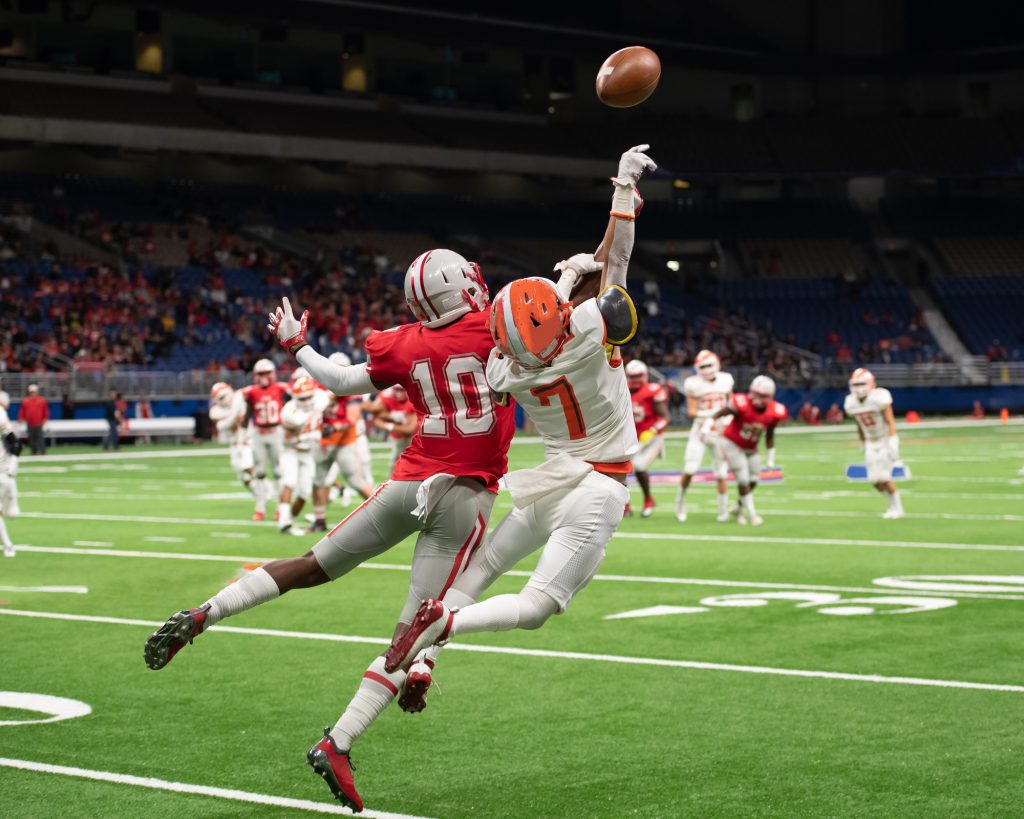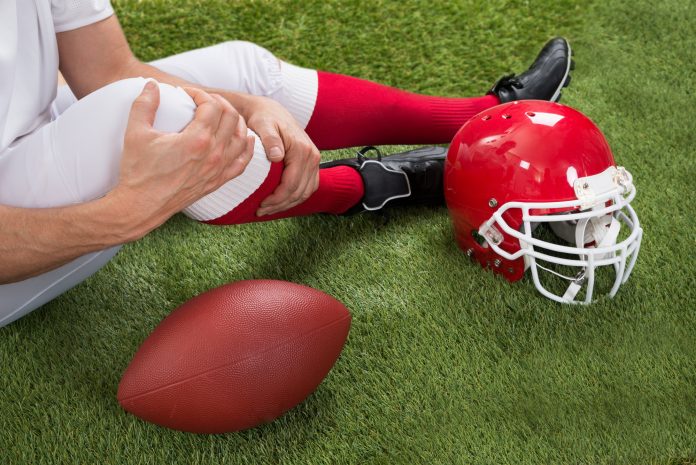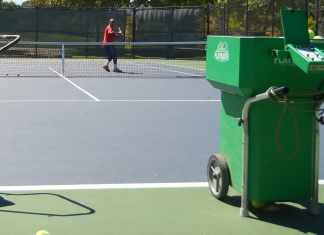Football is a high-contact sport, and with its physical nature comes the risk of injuries to players. Despite the protective gear, such as helmets, shoulder pads, and mouthguards, players can still suffer from various injuries, such as concussions, broken bones, and sprains.
As a player, taking precautions during football games is essential to reduce the risk of injury or discomfort. You should also ensure you have appropriate football kits that allow you to move freely and comfortably while playing your favorite sport.
In this article, we’ll discuss eight tips to help players stay safe and enjoy the game without fear of getting hurt.
- Put On Protective Gear
Protective gear is crucial in football games to protect the players from head, neck, and other body injuries. Helmets, for example, are designed to protect the head and reduce the risk of concussions and other head injuries. Shoulder pads cover the shoulders and chest, reducing the risk of collarbone, rib, and other upper body injuries. Knee pads are designed to protect the knees from damage, while mouthguards protect the teeth and reduce the risk of dental injuries.
Additionally, it’s crucial to ensure that the gears are in good condition, fit well, and are appropriately adjusted. Proper gear maintenance is necessary to ensure adequate protection and reduces the risk of injury during football games.
- Stay Hydrated
Staying hydrated during football games is essential. Dehydration is a risk if you drink less water than you lose during the game. Intense physical activity, paired with inadequate water intake, can lead to fatigue, muscle cramps, nausea, headaches, and dizziness. So, it is best to regulate water levels to avoid these mishaps during the game.
Drink at least a night before the game to prevent dehydration. You can also pack extra water bottles that are easily accessible in case you need them during or after playtime. Alternatively, you can try high-electrolyte drinks since they can help you recover lost bodily fluids better.
- Warm Up And Stretch
You should also take proper and enough preparation before a football match. It’s essential to warm up before you start playing. Warming up helps prevent injuries and improves your performance by increasing muscle blood flow. So, consider doing shoulder circles, seal jacks, mini hops with hip rotation, and squats to help with your performance.
You can also do some dynamic stretches before the game, as they can help to warm up the muscles and prepare the body for physical activity. Dynamic stretches can help to improve the range of motion, increase heart rate, and activate the muscles needed for football. It’s important to remember that dynamic stretching should be controlled and gradual and should not cause pain or discomfort.
Additionally, following up with static stretches after the game is essential to help cool down the body and prevent muscle soreness.
- Use The Proper Tackling Form
Football is rough, but it doesn’t have to be dangerous. You can keep yourself safe by using the proper tackling form.
Don’t tackle from behind. It’s easy to forget that you’re not the only person on the field, so don’t try and make up for it by charging someone from behind. Tackling from behind may seem an apparent injury-prone move, but many players still compromise safety to get leverage on the field.
Also, don’t tackle with your head down or outstretched arms, especially if either could knock someone over. This goes back to being aware of everyone else around you; if there’s nothing in front of your face when making contact with another player, then there shouldn’t be any risk involved in making contact at all.
- Avoid Alcohol And Drugs
Drugs and alcohol can impair physical and mental performance, making it difficult to play football effectively. They can cause fatigue, slow reaction time, and decreased coordination, which can increase the risk of injury and reduce overall performance on the field.
Additionally, alcohol can dehydrate you, which can lead to fatigue, muscle cramps, and other health problems. They can also lead to heart problems, liver damage, and other long-term health complications.
Drugs and alcohol can also affect team dynamics and lead to player conflicts and misunderstandings. This can decrease overall team performance and affect the morale of the team.
- Avoid Playing If You’re Sick
Another way to keep yourself safe during football games is to avoid playing if you are sick. If your body temperature rises, your body will work overtime to fight an illness. So, you wouldn’t want to put your body under too much strain by engaging in high-intensity activities, as it can make your illness worse by making your body more vulnerable to infections.
Additionally, your reflexes and coordination may not be as sharp as usual, which can increase the risk of injury during football games. Your physical and mental performance may be impaired, impacting your ability to play football effectively. You may feel more tired, sluggish, or distracted and may not be able to give your best performance on the field.
- Seek Medical Attention When Necessary
Before you prepare for the game, you should ensure that your first aid kit is ready-packed in case you suffer any injuries. Your first aid kit should include bandages, gauze pads, and adhesive tape. You’ll also have to bring sterile gauze rolls, antiseptic wipes, and ointment if anyone gets hurt during the game.
It’s essential to check for pain, swelling, tenderness, and weakness or loss of function in an injured area. You should also look out for other symptoms you may have observed during your matches, such as loss of sensation and numbness. These are signs that you should seek medical attention immediately!
If you acquire some injuries, you should also ensure a safe return to play. Before playing again, you should confirm all injury symptoms are gone. This can take anywhere from one to three weeks, depending on the severity of your injury.
Conclusion
Football is a physically demanding sport that requires players to be in peak physical condition and mental alertness. While injuries are a common risk in football, there are many ways that players can stay protected on the field. By following the strategies mentioned in this article, players can reduce their risk of injury and improve their overall performance on the field. Football players need to prioritize their safety and well-being, both on and off the field, to ensure a successful and rewarding football experience.















